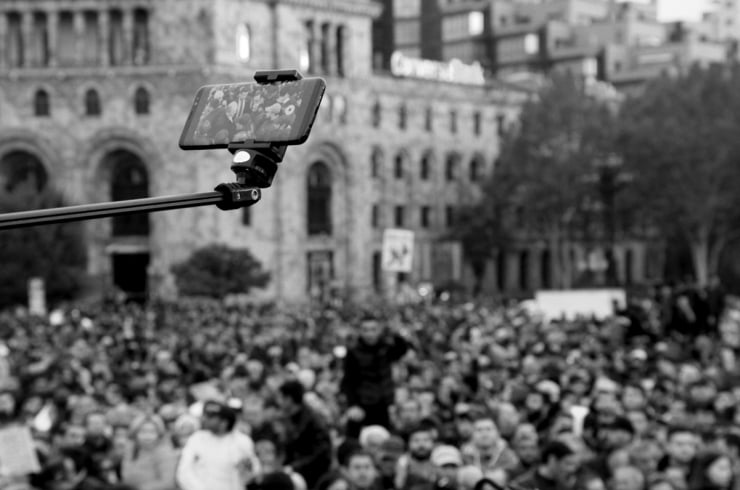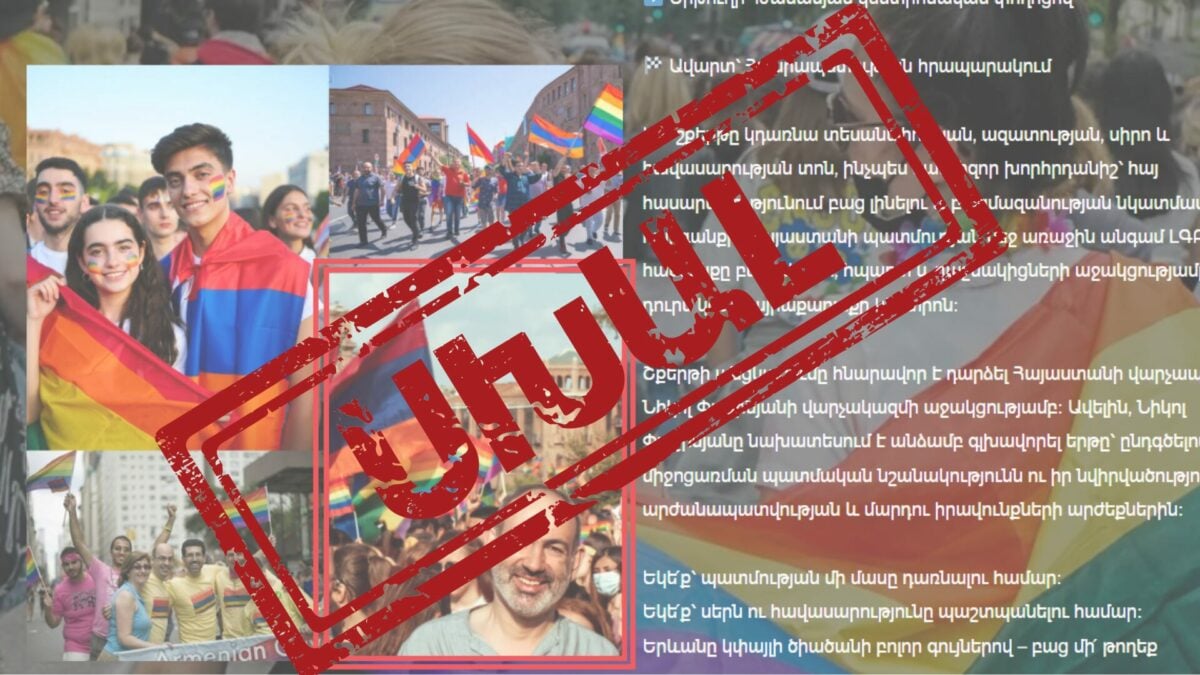The Committee to Protect Freedom of Expression (CPFE) has documented media and journalist rights violations during the first quarter of the year.
No incidents of physical violence against journalists were documented during the period of January to March.
According to Ashot Melikyan, Chairman of CPFE, the absence of violent incidents is attributed to the relatively calm socio-political situation prevailing in the country during those months. There were no demonstrations, marches of thousands, or large-scale protests, which are usually accompanied by various clashes that have resulted in journalists and camera operators being harmed. In the first quarter of last year, there were no reported cases of physical violence against journalists.
Compared to the previous indicator, the number of lawsuits filed against media and journalists has increased. In the first quarter of last year, nine lawsuits were filed, whereas this year, there have already been twelve. Out of these twelve claims, five were submitted by state officials, business circles submitted six, and only one was submitted by an ordinary citizen.
“This is a significant indicator. I believe that officials and politicians should be more tolerant, but it seems that they are the ones who frequently file lawsuits. I think they are attempting to pressure journalists with lawsuits and financial demands, and they view it as an effective mechanism,” stated Ashot Melikyan.
The number of pressures on journalists has remained unchanged at 17 compared to the same period last year. These pressures include indecent attitudes, obstruction of professional activities, and threats directed at journalists in the online domain.
The president of CPFE stated that disrespectful attitudes toward journalists appear to be a regrettable tradition. Often, attitudes toward journalists are influenced by the political affiliations of the media outlet for which they work.
“Attacks against journalists on social networks have also become increasingly prevalent. Recently, two journalists filed a lawsuit for this very reason, and now court proceedings are underway,” says Melikyan.
During the observed period, 41 cases were reported where the right to receive and share information was violated, which is quite concerning. State agencies often break deadlines when providing information, give unclear responses to requests, and refuse to answer requests unnecessarily by claiming it’s a state secret. This is a common issue that needs to be addressed.
“Often, state structures demand an additional 30-day period in response to journalists’ inquiries, and at the end of that period, they either refuse to provide information or give a partial or incomplete answer,” explained Ashot Melikyan.
In the months under observation, the information-requesting parties filed two lawsuits requesting the court to compel the provision of information.
Ashot Melikyan shared that a meeting was held at the beginning of the year, organized by the head of the Prime Minister’s Office, to discuss an issue. Despite the participation of officials from state bodies, heads of journalistic and human rights non-governmental organizations, and their attempts to discuss and find solutions to the problems, no improvement has been observed in the field thus far.







